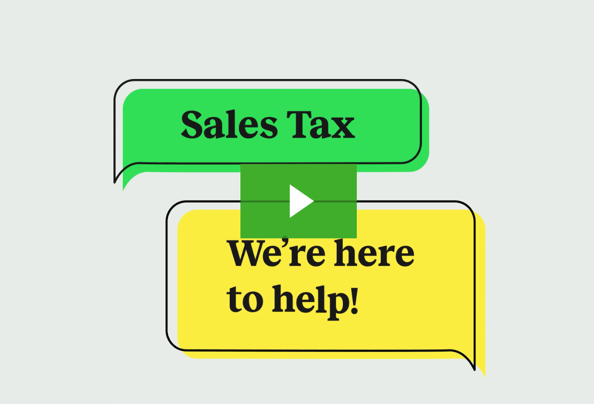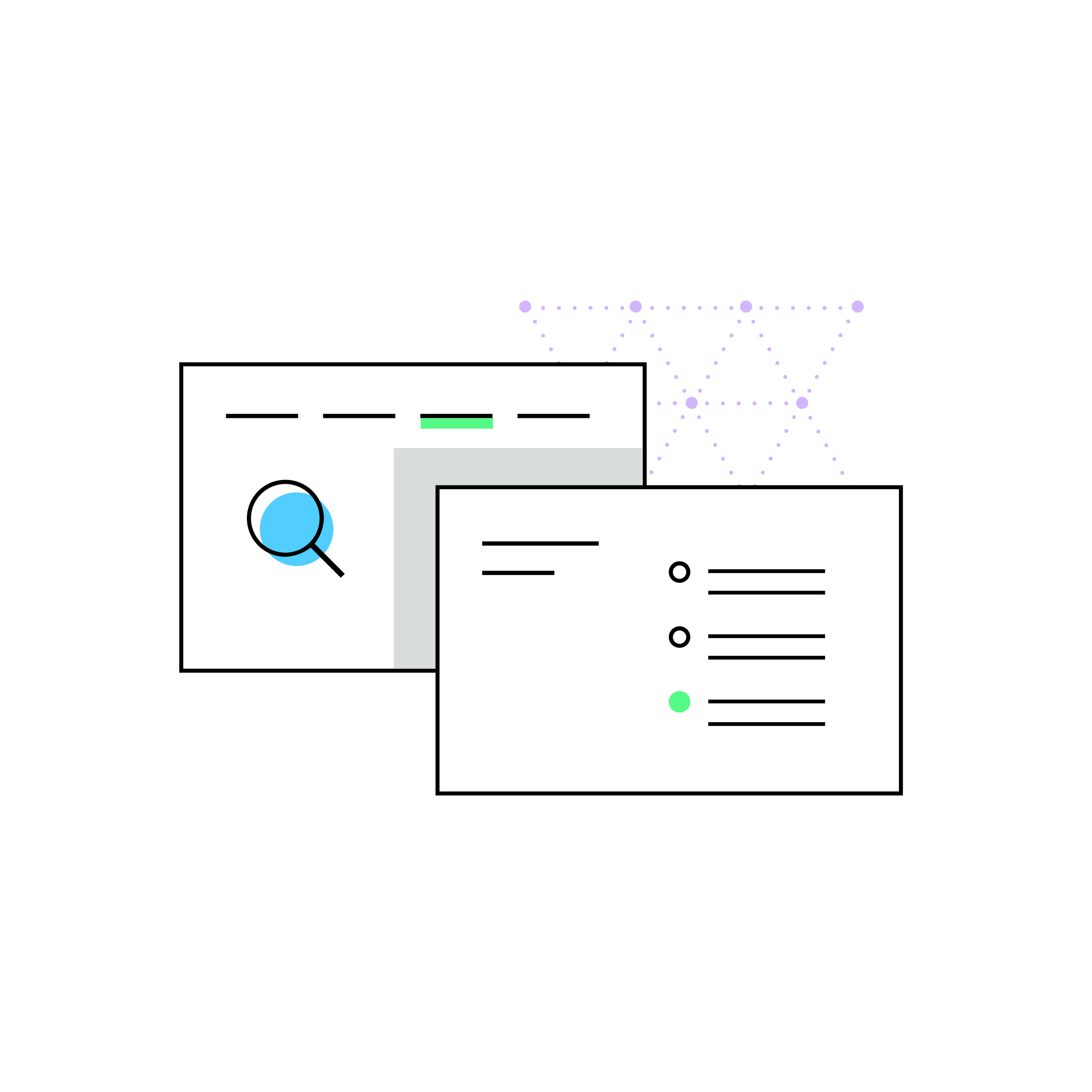When to register for a sales tax permit
by May 29, 2023
Over the past couple of years, the question of “When should I register for a sales tax license?” has become even more complicated for online retailers. This post will dig into when online sellers should register for a sales tax license.
Note: States refer to sales tax license in different ways. Depending on the state, this vital business document may be called a “sales tax permit,” a “sales tax license,” or just “sales tax registration.”
Background on sales tax
In the United States, sales tax is a percentage of a sale. Forty-six states and the District of Columbia all have some form of sales tax. Sales tax is generally made up of a state rate (4-8%) and then local rates such as sales tax imposed by cities, counties, and other special taxing districts (which may be made up of multiple cities and/or counties).
Some states only have a state sales tax rate and do not allow local areas to impose sales tax. One state, Alaska, does not have a state-level sales tax, but does allow local areas to impose a sales tax.
Retailers, no matter if you sell online or face to face, are required to collect sales tax when the following things are true:
- The items ships to (or is sold face to face in) a state where the retailer has sales tax nexus
- The item is considered taxable in that state and/or local jurisdiction
- An online marketplace isn’t already collecting on behalf of the retailer
Why do you have to collect sales tax? Simple. States use sales tax to pay for budget items like schools and roads. For many states, sales tax is the number one money maker in their state budgets.
The trouble is, the sales tax landscape has changed quite a bit for online sellers over recent years due to the 2018 South Dakota v. Wayfair Supreme Court decision. Read on for our updated guide on when to register for a sales tax license. The Changing Sales Tax Landscape
Who has to register for a sales tax license, and where and when, has recently changed for a couple of reasons:
Economic nexus laws
The 2018 South Dakota v. Wayfair Supreme Court decision reinterpreted the law to allow individual states more control over the commerce that occurs within their borders.
Before the decision states could only require retailers to collect sales tax in the state if that retailer had some kind of physical presence (like an office, store, or inventory) stored in a state. But now that Wayfair is the law of the land, states can also pass “economic nexus” rules or laws.
An e-commerce business has economic nexus when they exceed that state’s economic nexus threshold. As with everything sales tax related, this threshold varies by state. But a general rule of thumb is that if your e-commerce business makes more than 200 sales or more than $100,000 in a year into a state then your business likely has economic nexus.
But those numbers are just a common baseline, and many states are quite different. You can see each state’s economic nexus laws here.
TaxJar’s Economic Nexus Insights dashboard will show you where your business has economic nexus. If you’re a TaxJar customer in a Professional tier or higher, we’ll even email you reminders when you are approaching economic nexus in a new state so that you can plan your sales tax compliance accordingly.
Marketplace Facilitator Laws
The South Dakota v. Wayfair decision also allowed states to pass marketplace facilitator laws.
These laws make things easier for those selling on online marketplaces like Amazon, eBay, Walmart, and Etsy.
Basically, if an online platform qualifies as a marketplace by state law (and the four mentioned above definitely do), then that marketplace is required to collect and remit sales tax on behalf of third parties who sell on the site.
Note: Some small online marketplaces may not fit a state’s requirements to collect sales tax on behalf of third-party sellers. Always check with your marketplace before assuming that they are collecting sales tax on your behalf.
Marketplace facilitator requirements have made sales tax life a lot easier for smaller sellers who might only sell on marketplaces. But be warned, if you make other sales – such as in-person sales or you sell at trade shows or craft fairs, you are still required to collect sales tax on those sales. Marketplace facilitator laws only require marketplaces to handle sales tax collected from buyers on their marketplaces.
When to register for a sales tax license
So when should you register for a sales tax license
Sales tax in your home state
If you sell taxable products, you’ll more than likely have sales tax nexus in your home state – unless you’re operating a very small, kitchen-table side business.. In almost all cases, we highly recommend that you register for a sales tax license in your home state before you start doing business.
You should register for a sales tax license in your home state even if you sell rarely (such as only around the winter holidays) or if your sales volume is low.
What if your products are not taxable in your state? For example, say you live and operate your business in Pennsylvania, and your only product is t-shirts. Clothing is not taxable in Pennsylvania. In this case, we airways recommend contacting your state’s taxing authority (generally called the [State] Department of Revenue) to ask how to proceed.
Many states want every in-state retailer to possess a sales tax license no matter what. States consider having a sales tax license a vital part of doing any type of business where you sell taxable products to another person.
When you sell on marketplaces
Marketplace facilitator laws have been a boon to smaller e-commerce businesses or businesses that rely on a single channel such as Amazon or Etsy. That’s because most states now require the marketplace to take on the burden of collected sales tax from buyers and remitting that sales tax to the state.
But be cautious here. Some states do not yet have marketplace facilitator laws. That means that while you may be able to rely on eBay or Amazon to collect on your behalf in most states, you may still have to collect in other states, like Florida or Missouri, that do not have marketplace facilitator laws.
Amazon FBA and Marketplace Facilitator Laws
Another important thing to watch out for is where Amazon fulfillment centers give your business sales tax nexus. For example, say you sell via FBA. Most states have marketplace facilitator laws and require Amazon to collect and remit sales tax on your behalf.
But a handful of states still do not have marketplace facilitator laws. Further, those states are all home to at least one Amazon fulfillment center. And having your inventory stored in an Amazon fulfillment center creates sales tax nexus for the owner of that inventory (i.e. you).
Therefore, if you sell via Amazon, states like Florida, Missouri and Kansas might still consider you liable to collect sales tax from buyers in the state.
To sum it up
Register for a sales tax license:
- When your business is based in a state
- When your business has physical presence in a state
- When your business has economic nexus in a state
- When you sell on a marketplace and have nexus in a state that does not have a marketplace facilitator law
I’m ready to register for a sales tax permit. Now what?
Have you decided it’s time to register for a sales tax license? We have guides on how to register for a sales tax license in every state here. Ready to automate sales tax? Learn more about TaxJar’s AutoFile solution here.







